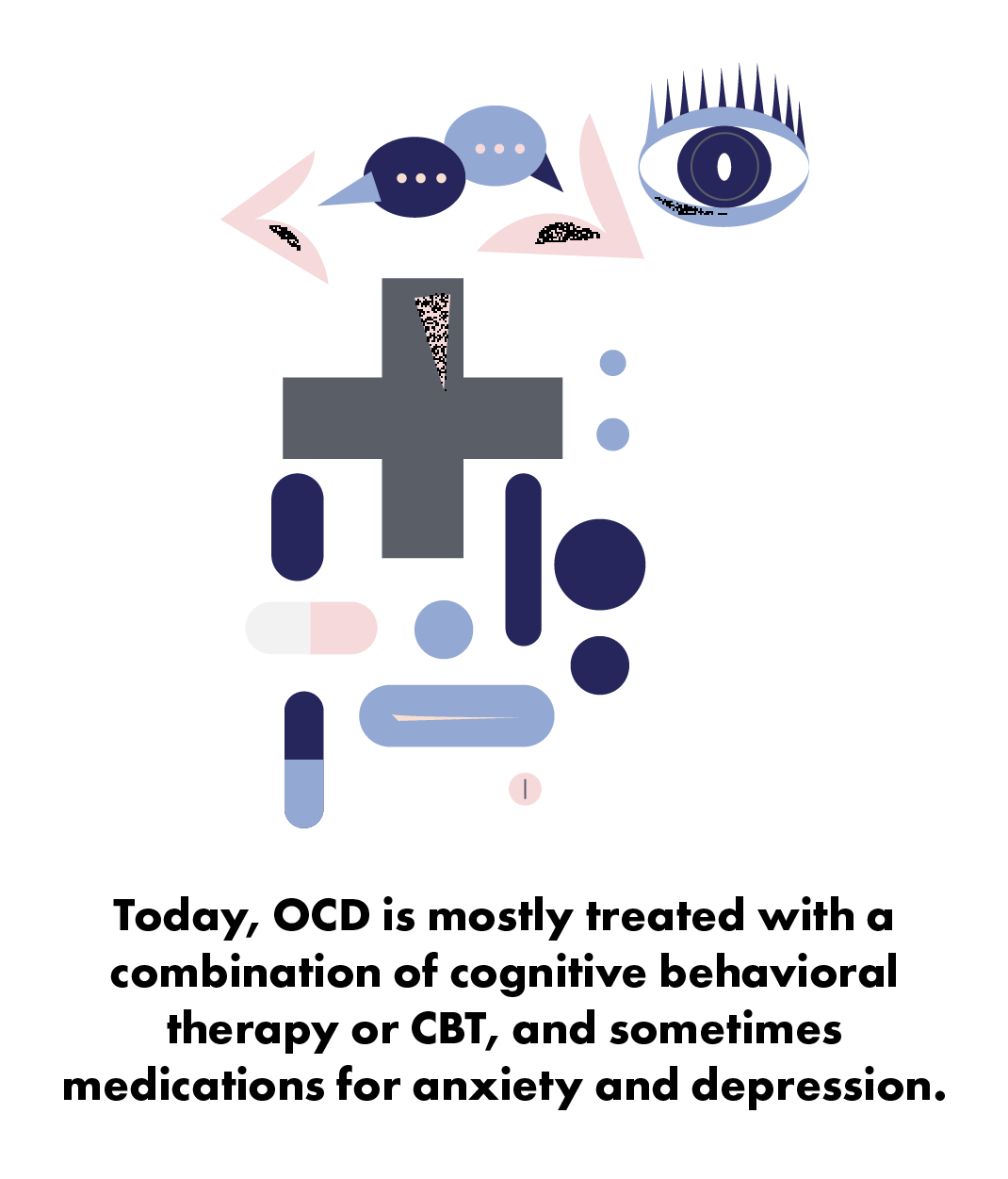Obsessive-Compulsive Disorder (OCD) can be a debilitating condition, causing individuals to experience intrusive thoughts and engage in repetitive behaviors. However, with the right treatment, there is hope for those struggling to find freedom from this disorder. In this article, we will delve into the world of OCD treatment and explore the effective options available to help individuals, especially teenagers, overcome the challenges they face.
Teenagers navigating through adolescence already have a lot on their plate, and when OCD enters the picture, it can make life even more overwhelming. This is where teen rehab comes into play, providing a safe and supportive environment specifically designed to address the unique needs of young individuals. With a team of compassionate professionals, rehab for teens offers a multi-faceted approach to OCD treatment, tailoring the program to meet individual needs and promote recovery.
Understanding that OCD can often be accompanied by other mental health conditions, it becomes vital to address any co-occurring disorders when providing treatment for teenagers. Addiction recovery, specifically tailored to suit the needs of adolescents, plays a significant role in comprehensive OCD treatment. By addressing underlying issues and teaching healthy coping mechanisms to manage triggers, addiction recovery for teenagers fosters holistic healing and helps pave the way towards long-term recovery.
Understanding OCD: Causes and Symptoms
OCD, or Obsessive-Compulsive Disorder, is a mental health condition that affects individuals of all ages, including teenagers. It is important to gain an understanding of OCD, as it can lead to distress and significantly impact a person’s daily life. This section aims to explore the causes and symptoms of OCD.
Causes of OCD often involve a combination of biological, genetic, and environmental factors. Research suggests that individuals with OCD may have abnormalities in the communication between certain areas of the brain. Furthermore, there is evidence to support the hereditary nature of OCD, with a higher likelihood of developing the disorder if a close family member has it. Traumatic life events, such as loss or abuse, can also trigger OCD symptoms in some individuals.
Symptoms of OCD manifest in the form of obsessions and compulsions. Obsessions are intrusive thoughts, images, or impulses that are unwanted and cause distress. They often revolve around specific themes, such as cleanliness, symmetry, or fears of harm. Compulsions, on the other hand, are repetitive behaviors or mental acts performed in response to the obsessions. These behaviors are aimed at reducing anxiety or preventing feared outcomes.
Individuals with OCD can spend significant amounts of time engaged in compulsions, which can interfere with their ability to carry out daily activities. For instance, someone with a fear of contamination might spend hours washing their hands or cleaning their surroundings. Likewise, individuals with OCD may find themselves trapped in a cycle of checking, where they repeatedly ensure that doors are locked or appliances are turned off.
By understanding the causes and symptoms of OCD, we can gain insight into the challenges faced by teenagers dealing with this condition. In the following sections, we will explore effective treatments for OCD, including specialized rehab programs that cater to the unique needs of teenagers struggling with OCD and co-occurring addiction issues.
Effective Treatments for OCD
OCD treatment approaches are crucial for individuals, especially teenagers, who are seeking freedom from the grip of obsessive-compulsive disorder. Finding effective treatments can offer hope and a pathway to recovery. Here are some approaches that have shown promise in helping teens overcome OCD:
-
Cognitive-Behavioral Therapy (CBT): This form of therapy focuses on changing negative thoughts and behaviors associated with OCD through evidence-based techniques. By challenging irrational beliefs and gradually exposing teens to their fears, CBT empowers them to develop healthier coping mechanisms. This therapy is often combined with Exposure and Response Prevention (ERP), where individuals face their OCD triggers and refrain from engaging in their compulsions. CBT has been widely recognized as a beneficial treatment approach for managing OCD symptoms.
-
Medication: In certain cases, medication can be prescribed alongside therapy to alleviate symptoms of OCD. Selective Serotonin Reuptake Inhibitors (SSRIs) are commonly prescribed antidepressants that have been found to effectively reduce anxiety and obsessions related to OCD. However, it’s important to note that medication should always be used in conjunction with therapy, as it is not a standalone solution.
-
Group Therapy and Support Networks: Engaging in group therapy with fellow teens who share similar experiences can provide a sense of belonging and support. Sharing their challenges and accomplishments, teens can draw strength and encouragement from others who understand their journey. Additionally, establishing connections through support networks, whether in-person or online, can be highly beneficial for ongoing recovery and relapse prevention.
By exploring a combination of these effective treatments, teenagers can gain the necessary tools and support to overcome OCD and find freedom from its debilitating effects. It is crucial to consult with mental health professionals to determine the most suitable treatment plan for each individual’s specific needs.
Supporting Teenagers in Addiction Recovery
In the journey of addiction recovery for teenagers, support plays a crucial role. It is essential to create a safe and understanding environment for teens going through rehab. Surrounding them with unconditional love and encouragement helps them feel empowered and supported throughout their recovery process.

One way to support teenagers in addiction recovery is by fostering open communication. It’s important to provide a non-judgmental space where they feel comfortable expressing their emotions and experiences. Actively listening to their concerns and perspectives can help them feel valued and understood. This communication can help build trust, creating a solid foundation for their recovery journey.
Additionally, offering guidance and assistance in finding constructive outlets can greatly benefit teenagers in addiction recovery. Engaging them in activities that promote physical and mental well-being, such as exercise, hobbies, and creative pursuits, can help redirect their energy towards positive endeavors. This not only provides a distraction from cravings but also cultivates a sense of purpose and achievement.
Furthermore, involving teenagers in support groups or therapy sessions can be highly beneficial. These avenues create opportunities for them to connect with peers facing similar challenges. Being part of a community that understands their struggles provides a sense of belonging and helps reduce feelings of isolation. Support groups and therapy sessions also provide valuable tools and resources to aid teenagers in their recovery journey.
By offering understanding, guidance, and a supportive community, we can empower teenagers in addiction recovery to overcome obstacles and find freedom from their struggles. With the right support system in place, these teens can reclaim their lives and build a brighter, healthier future.

